Faith or order? The true reasons behind Roman persecution of Christians
The perception of Christianity persecution in the Roman Empire often evokes images of unwavering believers suffering gruesome punishments for their faith. However, the reality is far more complex and nuanced. Contrary to popular belief, Christians were not primarily persecuted for their religious doctrines or beliefs. Instead, the Roman authorities’ actions stemmed largely from legal, social, and political concerns, with religion playing a secondary role. In this post, we explore the multifaceted reasons behind the persecution of Christians in the Roman Empire and shed light on the broader context in which these events unfolded.

Execution of Ignatius of Antioch, reputed to have been killed in Rome under the emperor Trajan, depicted in the Menologion of Basil II, an illuminated manuscript prepared for the emperor Basil II in c. 1000. Source: Wikimedia Commonsꜛ (license: public domain)
Roman attitudes toward religion
The Roman Empire was remarkably tolerant of religious diversity. With its vast territorial expanse, encompassing cultures from Britain to Mesopotamia, Rome adopted a pragmatic approach to religion. The state permitted a wide variety of religious practices, provided they did not undermine public order or allegiance to Roman authority. The principle of pax deorum (peace of the gods) guided Roman policy: as long as the gods were placated, the empire could remain stable and prosperous.
Roman religion was deeply intertwined with civic life. Participation in public rites, sacrifices, and festivals was not merely an act of personal devotion but a demonstration of loyalty to the community and the state. This civic dimension meant that refusal to participate in religious practices could be interpreted as a political act of defiance, rather than a purely theological choice.
The legality of assemblies in Roman law
One of the central concerns of the Roman state was maintaining order, especially in urban centers where unrest could quickly spiral out of control. To this end, Roman law imposed strict regulations on public and private assemblies. Unauthorized gatherings, particularly those perceived as secretive or potentially subversive, were treated with suspicion. Such gatherings required formal approval or licensing from the authorities.
Christians often met in private homes for worship, prayer, and communal meals. These meetings, while religious in nature, were sometimes perceived as unlawful assemblies (collegia illicita). The secrecy surrounding Christian gatherings heightened suspicion, leading to accusations of illicit activities. This concern over assembly laws rather than religious doctrines frequently formed the basis for legal action against Christians.
The impact of the collegia laws
Roman laws regulating associations (collegia) were designed to prevent political conspiracies and uprisings. These laws required groups to register and obtain permission to meet. While some collegia, such as trade guilds or burial societies, were officially sanctioned, unregistered groups were viewed as potential threats to public order.
Christian communities, which often operated without formal approval, fell afoul of these laws. Their refusal to participate in civic rituals, combined with their tendency to meet privately, made them particularly vulnerable to prosecution under the collegia laws. Importantly, these prosecutions were not aimed at suppressing Christian theology but at maintaining the stability and security of the Roman state.
Refusal to participate in civic worship
Another significant factor in the persecution of Christians was their refusal to participate in civic religious practices, such as sacrifices to the emperor or traditional Roman gods. These rituals were not merely acts of personal piety but expressions of loyalty to the empire and its divine order. For most Roman citizens, performing these rites was a routine and uncontroversial duty. For Christians, however, participation was incompatible with their monotheistic beliefs.
By refusing to engage in these public acts, Christians inadvertently positioned themselves as outsiders who rejected the shared cultural and political values of Roman society. This refusal could be interpreted as an act of disloyalty, undermining the unity of the community. It was this perceived defiance, rather than theological disagreements, that often provoked hostility and suspicion.
Social and cultural nonconformity
The early Christian movement was marked by practices and beliefs that set it apart from mainstream Roman society. Christians’ refusal to participate in traditional festivals, games, and public ceremonies made them appear aloof and uncooperative. Moreover, their exclusivist claims — asserting that their faith was the only true path to salvation — alienated them from the broader religiously pluralistic culture of the empire.
This social nonconformity contributed to the spread of rumors and misconceptions about Christian practices. Accusations of cannibalism (misunderstandings of the Eucharist), incest (due to references to believers as “brothers” and “sisters”), and secretive rites fueled mistrust and resentment. These accusations often provided a pretext for local officials to take action against Christian communities, particularly during times of social unrest or crisis.
The role of local governance and sporadic persecution
It is important to emphasize that persecution of Christians in the Roman Empire was neither systematic nor uniform. Rather, it was sporadic and often driven by local circumstances. Roman governors and magistrates exercised considerable discretion in enforcing laws, and their attitudes toward Christians varied widely. Some officials, such as Pliny the Younger, expressed ambivalence about prosecuting Christians, while others, like Emperor Nero, used Christians as scapegoats for broader societal issues.
The absence of an empire-wide policy of persecution underscores the fact that Christians were not targeted solely because of their religious beliefs. Instead, their treatment often depended on local dynamics, such as the need to quell unrest, enforce laws, or placate public opinion.
The rise of Christian power and the end of religious freedom
Ironically, once Christianity gained prominence and became the dominant religion under imperial patronage, it began to suppress the religious freedoms that it had previously sought for itself. Following Emperor Constantine’s conversion and the subsequent Edict of Milan in 313 CE, which granted religious tolerance to Christians, the Christian church quickly moved from a persecuted minority to an institution aligned with state power.
By the late 4th century, under Emperor Theodosius I, Christianity became the official religion of the Roman Empire. Theodosius issued a series of edicts that outlawed pagan rituals, closed temples, and imposed penalties on those who refused to convert. Pagan practices, once integral to Roman civic life, were now deemed illegal, and followers of traditional religions faced increasing persecution.
Furthermore, the church directed its authority not only against pagans but also against groups deemed heretical within Christianity itself. Heresies such as Arianism (denying the full divinity of Christ), Donatism (challenging the validity of sacraments administered by sinful clergy), Montanism (emphasizing prophecy and asceticism), Gnosticism (advocating secret knowledge for salvation), Manichaeism (dualistic worldview), Marcionism (rejecting the Old Testament), and many more were actively suppressed through councils, decrees, and, in some cases, violence. Religious orthodoxy became a tool for maintaining social and political control, echoing the Roman emphasis on order but with an explicitly religious motive.
This reversal underscores a significant shift: Christians, once victims of persecution rooted in political and social concerns, became persecutors motivated by religious ideology. The cycle of suppression and intolerance, therefore, was not broken but merely reoriented, with new actors wielding power.
Conclusion
The persecution of Christians in the Roman Empire was not primarily motivated by their religious doctrines. Instead, it was rooted in broader concerns about social order, legal compliance, and political stability. The Christians’ refusal to participate in civic worship, their nonconformity with societal norms, and their violation of assembly laws placed them at odds with Roman authorities. While their faith certainly played a role in shaping their behavior and the perceptions of others, it was the implications of their actions for public order and governance that ultimately led to their persecution. And as Christianity itself gained power and influence, it too succumbed to the temptations of control and suppression, now wielded in the name of religious orthodoxy.
References and further reading
- Beard, Mary, John North, and Simon Price, Religions of Rome: Volume 1, A History, 1998, Cambridge University Press, ISBN: 978-0521316828
- Fox, Robin Lane, Pagans and Christians, 2006, Penguin, ISBN: 978-0141022956
- Goodman, Martin, The Roman World 44 BC–AD 180, 2011, Routledge, ISBN: 978-0415559799
- MacMullen, Ramsay, Christianizing the Roman Empire (A.D. 100-400), 1984, Yale University Press, ISBN: 978-0300032161
- Wilken, Robert Louis, The Christians as the Romans Saw Them, 2003, Yale University Press, ISBN: 978-0300098396
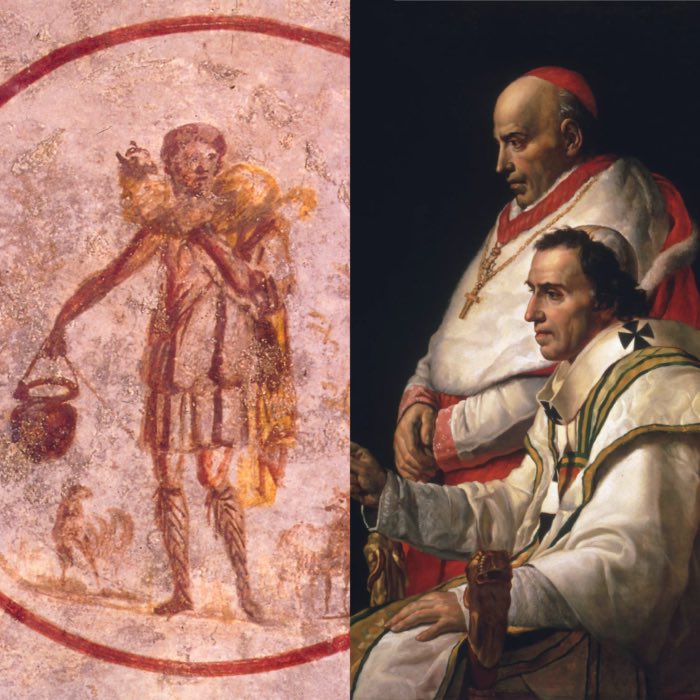
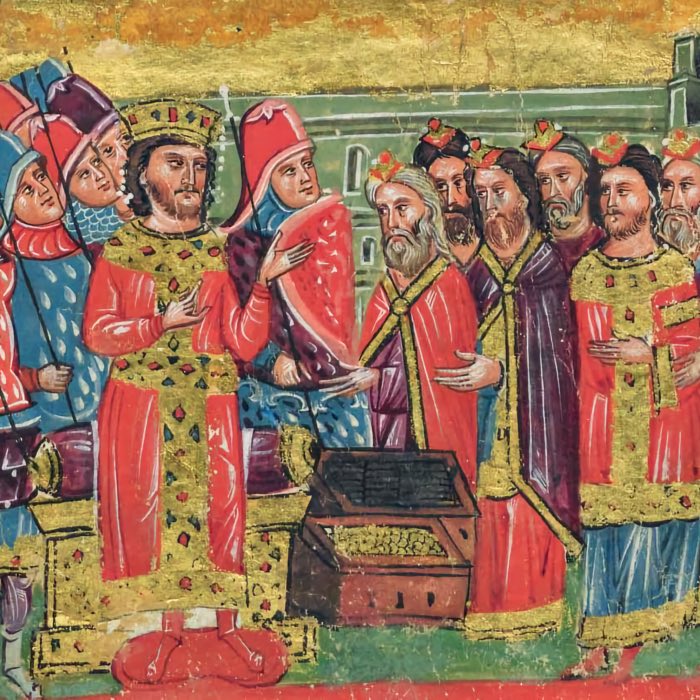

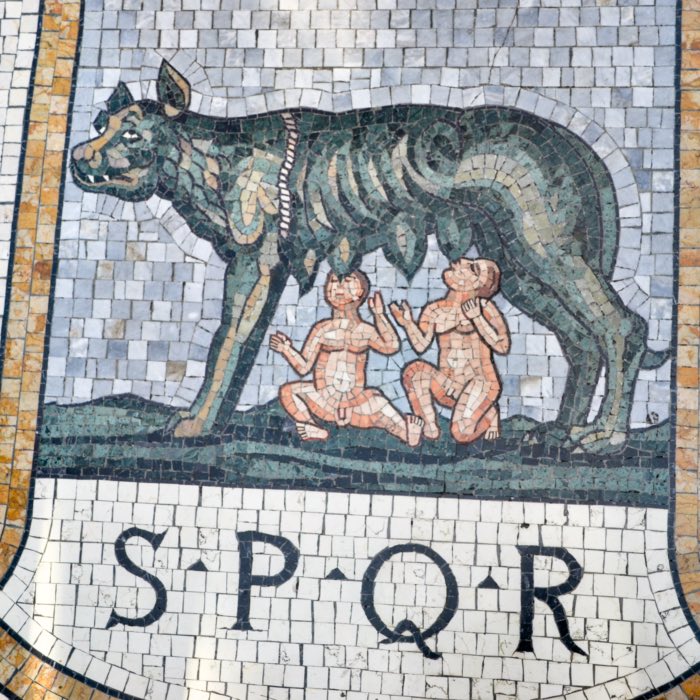
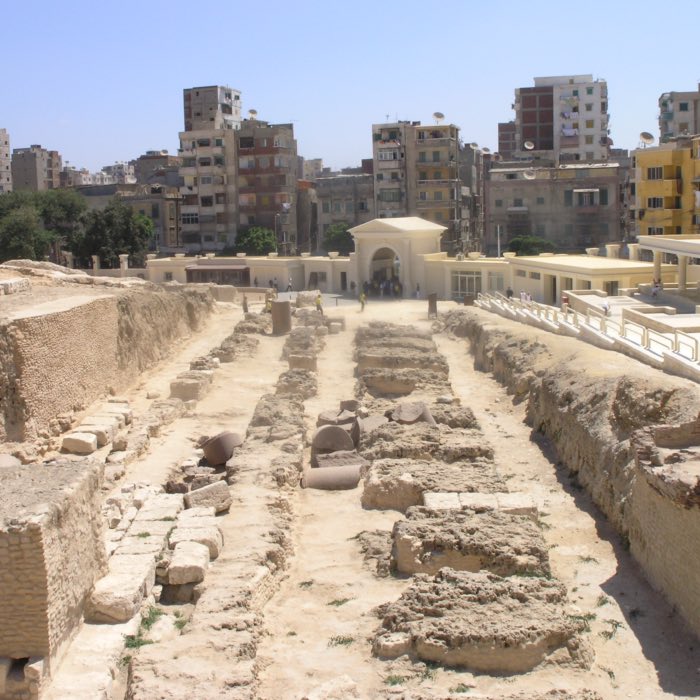

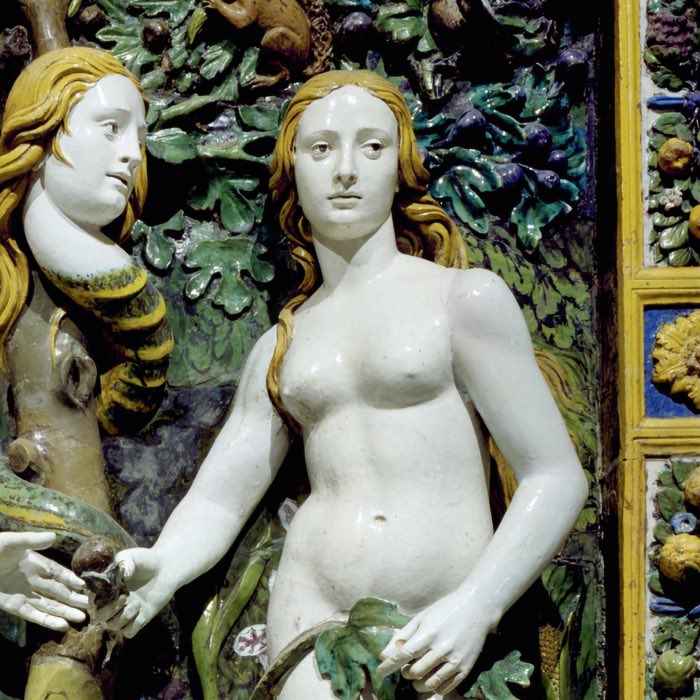
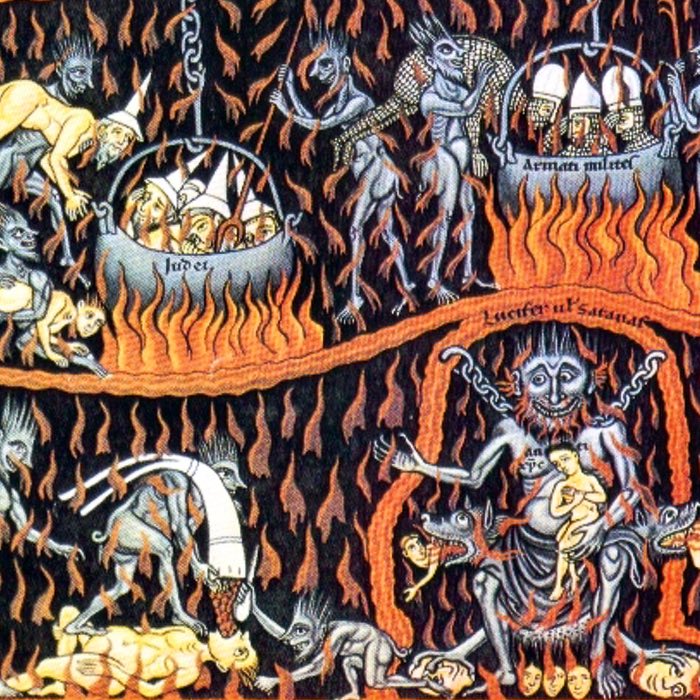
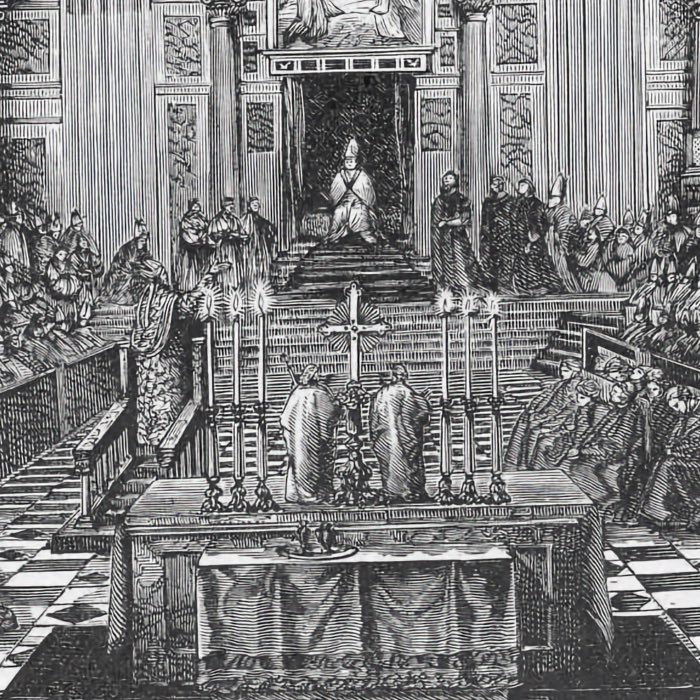
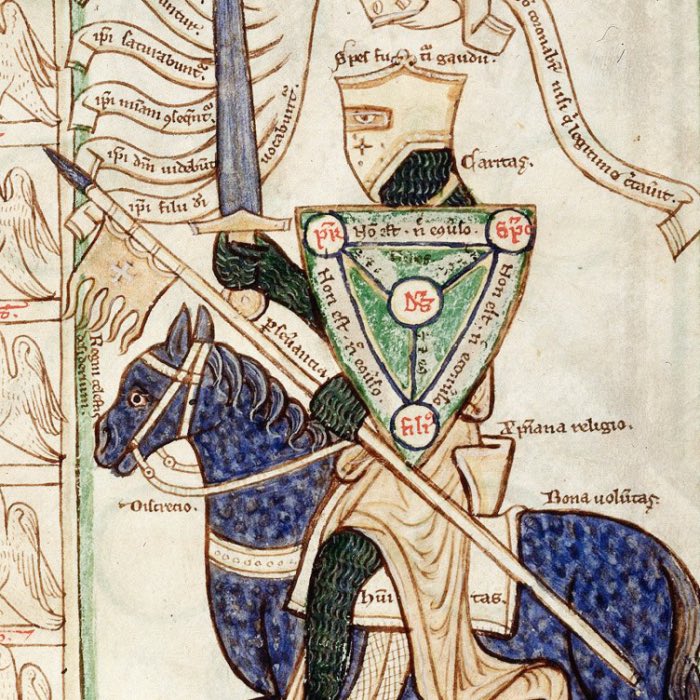
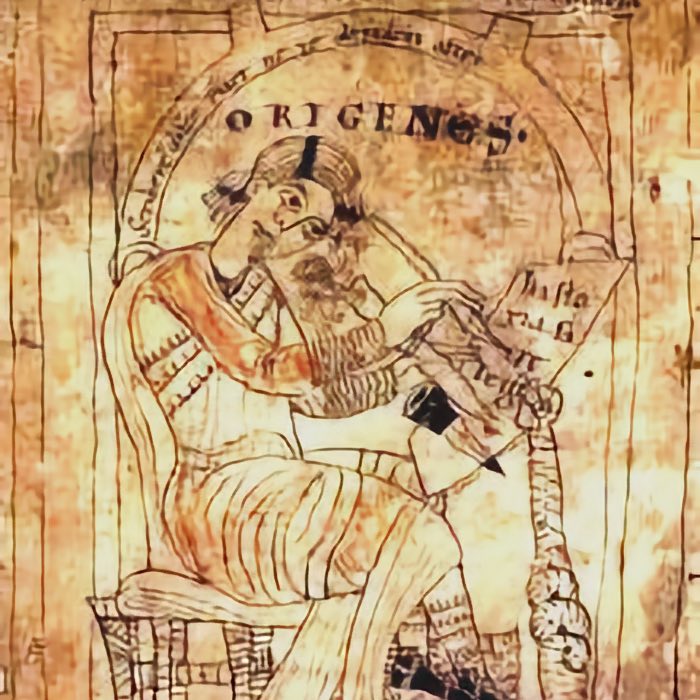
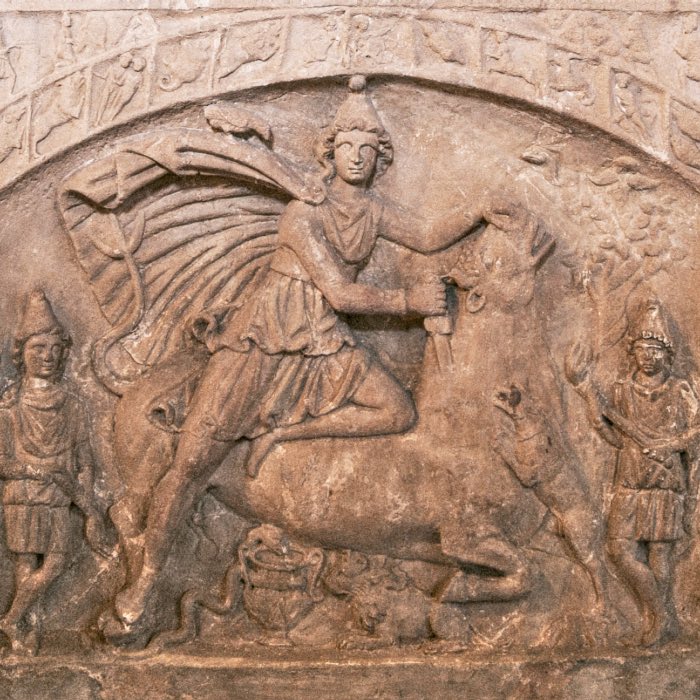
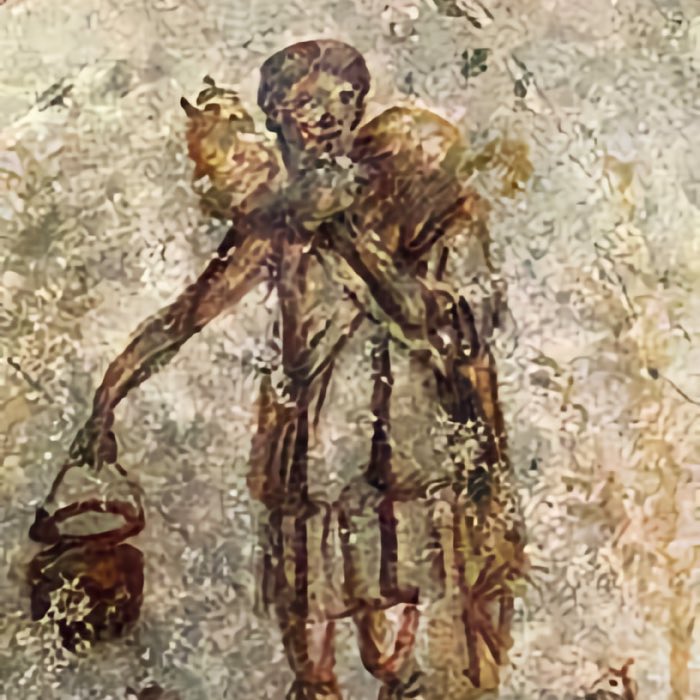
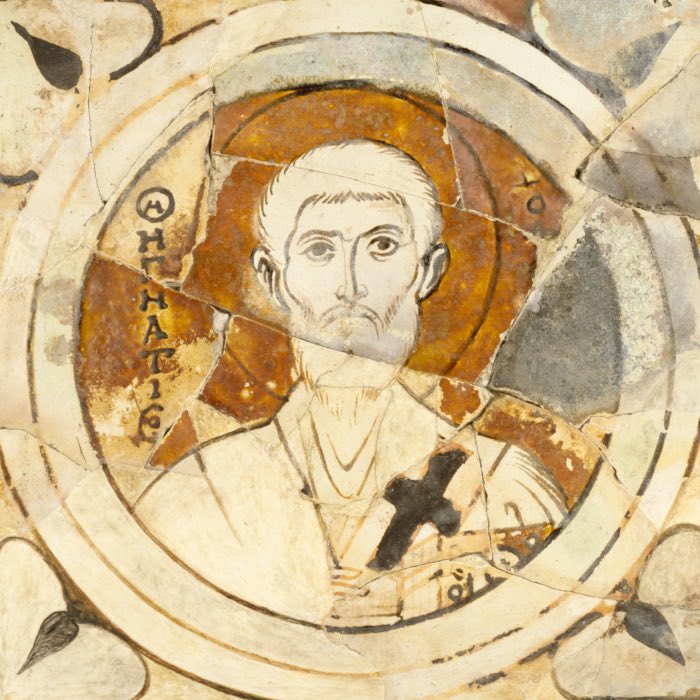



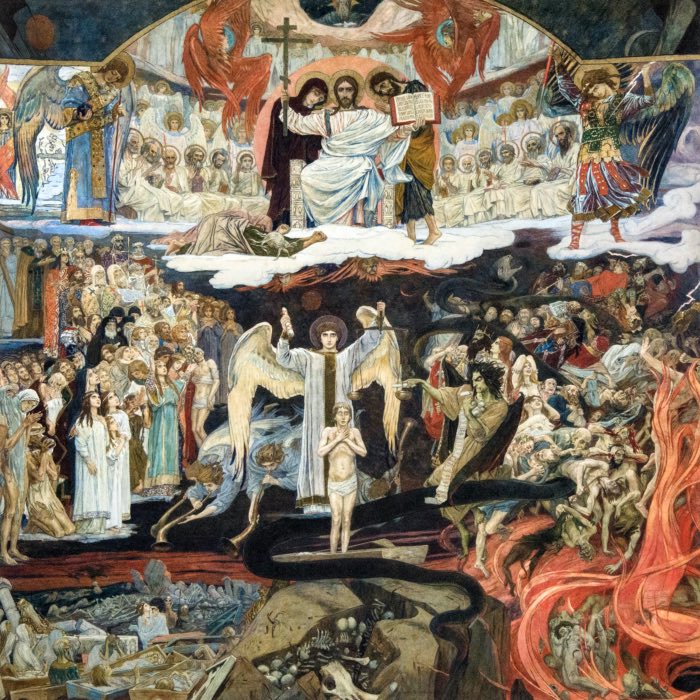










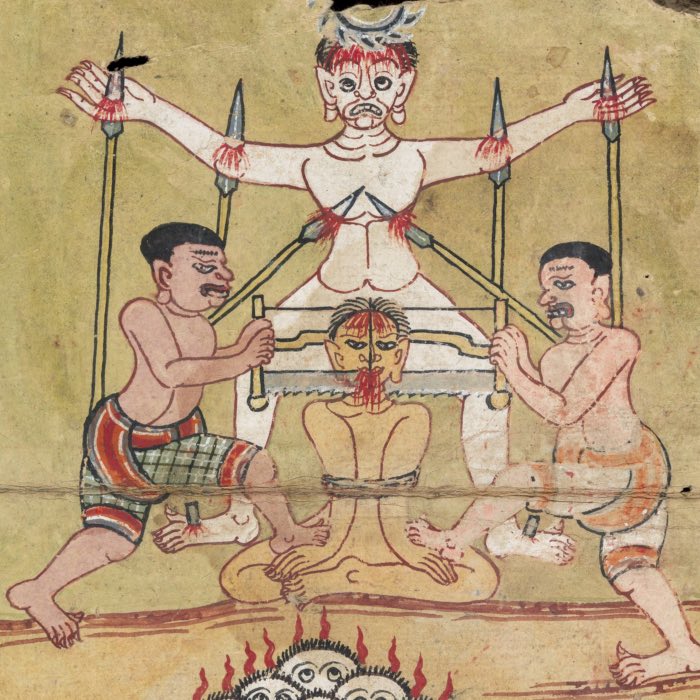
comments